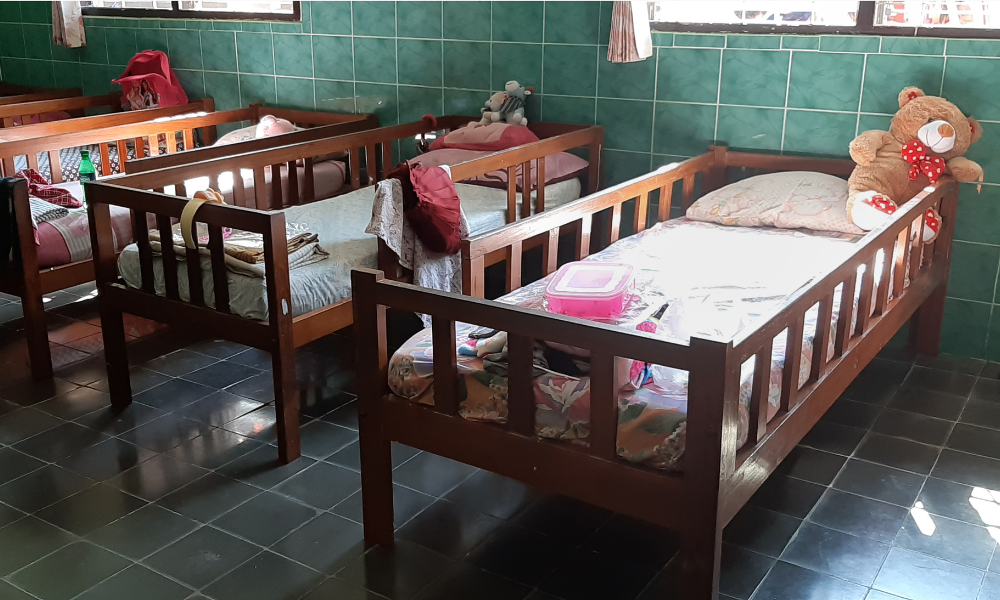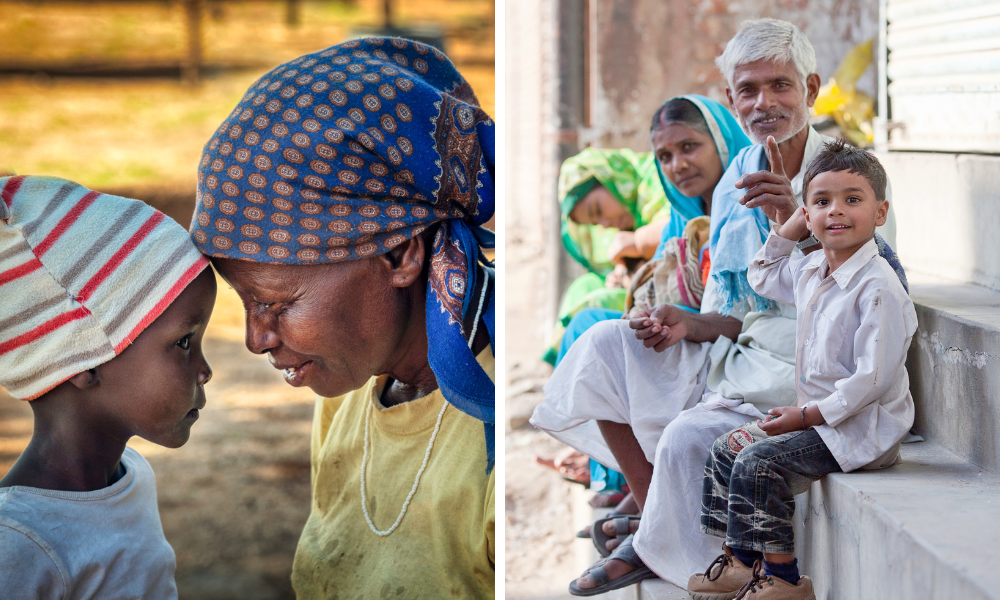In this reflection piece, Dr Seema Naaz, MJF’s Practice Development Coordinator, delves into the diverse practices of family-based alternative care for children around the world. This thought-provoking blog examines the historical development of foster care and its impact across different countries and cultures. Join us on this enlightening journey as we celebrate the efforts of foster carers and their invaluable contributions to families and communities throughout the world.
A Historical Overview of Family-Based Alternative Care
For centuries, family-based alternative care has been utilised for children in need of care as an alternative to birth family and for children without parental care. It has occurred informally and formally and has been known by different names and practised differently in each culture and context. Foster care can be traced back to the 16th century when English Poor Laws in the USA allowed the placement of children experiencing poverty, and that followed the placement of children in foster care. In contrast, foster care grew more common in the UK, Australia, Japan and Canada in the 19th century. On the other hand, some countries have been practising foster care in traditional ways and have only recently regulated foster care as a method of alternative care, including India, Sri Lanka, Madagascar, Malaysia, Indonesia, Nepal, Cambodia, etc.
Principally, the role of caregiving in the absence of parents was taken over by extended families or communities, where they were closely connected, and ties were strong. The care provided by extended families and communities was managed informally and without the State’s intervention. However, care by unknown or unrelated people and institutions has evolved as one of the dominant forms of alternative care for children outside of parental care during migration, globalisation and displacement when the links of community and kinship ties become disrupted. Hence, child care institutions were created and managed by the State and non-profit organisations. It is worth mentioning these institutions have been instrumental in providing care to children in large numbers when family-based placements were a challenge.

Advancing Family and Community-Based Care
However, international human rights law and policymakers establish the importance of family for a child and accord a high priority to the continuum of care. The last decade has seen a global policy push toward advancing family and community-based care for vulnerable children. Subsequently, nations all over the world have supported a shift from institutionalisation to deinstitutionalisation for children in need of care and the preference for family-based care over institutions is recognised and advocated for globally.
Foster care as a system evolved to support the communities and families where such cohesive and robust systems of indigenous support were not already existing, and foster care became the buffer that provides protection and care for children who do not have strong ties with family and community. Foster care has proven to be cheaper than other forms of care, such as residential care. Also, due to the individualised care and attention, placement in a family setting, and better emotional and social well-being, the outcomes of the children being cared for in foster care are found to be better than those who stayed in institutions long-term.
Foster care as a provision of family-based care has been evolving and has taken a diverse shape in various parts of the world. In a few countries, foster care is provided by unknown/unrelated individuals and families. In contrast, extended family members like grandparents are eligible to become foster carers and receive support from the State in providing care for the children in other contexts. Some countries offer financial and material support to the carers to care for the children in foster care, while others do not. And a few countries have regulated the provision of foster care, whereas others are in transition.

Preserving Connections
Each child’s situation is as unique and diverse as the contexts they live in. Hence, no single policy, guideline, procedure or standard will ever fit foster care in different countries and contexts. And the beauty of foster care as a care system is that it can be adapted to different cultures as needed. Hence, foster care in each society and culture may be developed to embrace its uniqueness, and the systems should be developed by people with knowledge of local culture and context in a way that is appropriate for the intended populations. A universal principle in caring for children in foster care is the importance of preserving their connection to their cultures and communities. The emphasis on maintaining ‘connections’ with their birth families is consistent worldwide, enhancing the possibilities of reunification.




